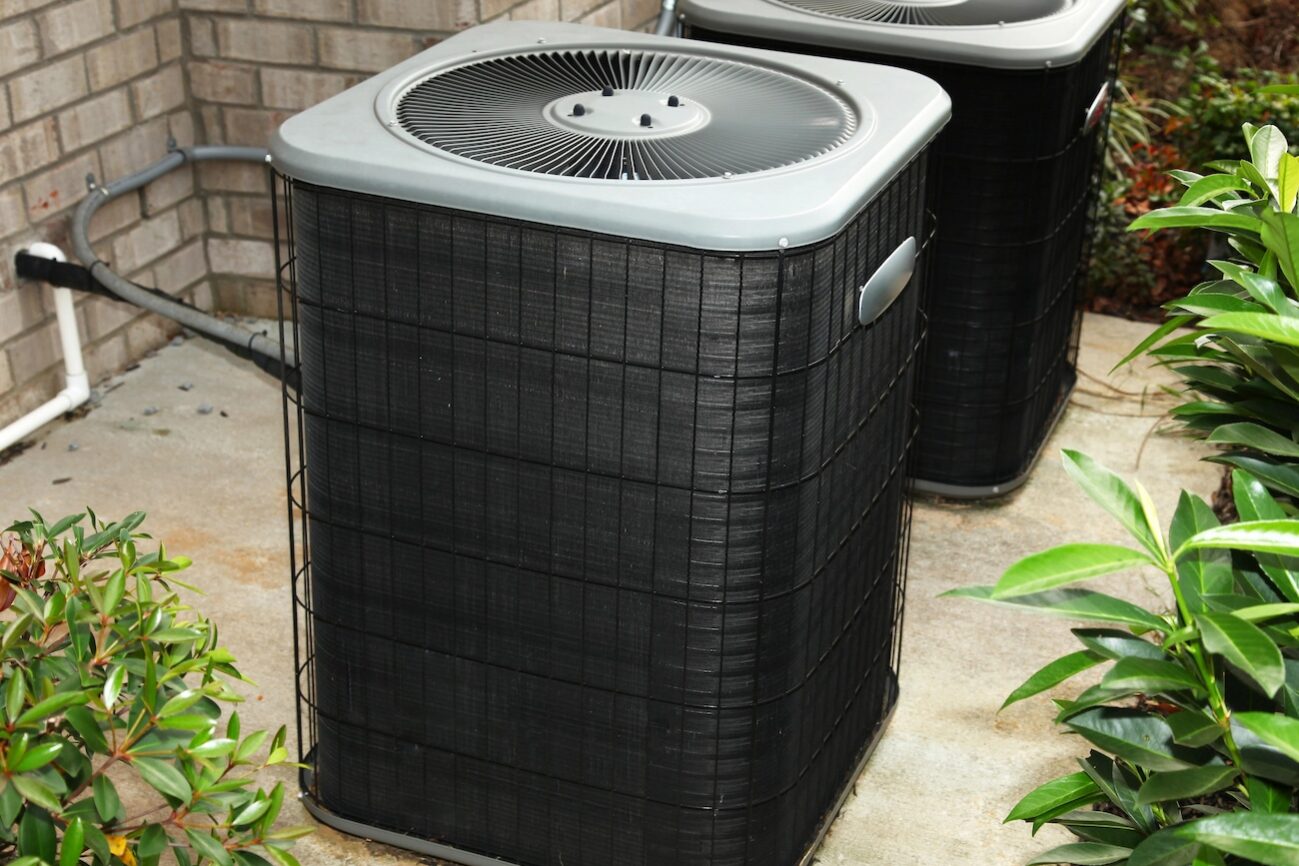In the sweltering heat of Florida, air conditioning isn’t just a luxury; it’s a staple of home comfort. An essential aspect often overlooked by homeowners when selecting an AC unit is the Seasonal Energy Efficiency Ratio (SEER) rating. This rating is a key indicator of an air conditioner’s efficiency and has a direct impact on both energy consumption and utility bills. This blog post will delve into the world of SEER ratings, helping Florida homeowners understand its importance in ensuring efficient, cost-effective, and environmentally friendly cooling solutions.
What is SEER Rating?
Definition of SEER
SEER stands for Seasonal Energy Efficiency Ratio. It measures the efficiency of an air conditioner by calculating the cooling output over a typical cooling season divided by the total electric energy input during the same period.
How SEER Rating is Calculated
The higher the SEER rating, the more efficient the air conditioner. This efficiency is calculated based on a seasonal temperature average, rather than under a single set of conditions, making it a more realistic measure of everyday usage.
The Importance of SEER Rating in Florida
Florida’s subtropical climate means air conditioners work harder and longer. A higher SEER rating indicates a more efficient unit that can handle this demand with less energy.
Impact on Energy Consumption and Costs
In Florida, where AC units are almost a year-round necessity, a high SEER rating can translate into significant energy and cost savings.
SEER Rating and Energy Efficiency
Understanding Energy Efficiency in AC Units
Energy efficiency in air conditioning means achieving the desired cooling effect while consuming less energy. This is where SEER rating comes into play, determining how much cooling an AC unit delivers per watt of electricity.
Low SEER vs. High SEER Units
Older, low SEER-rated AC units can be costly in terms of energy bills. In contrast, modern high SEER units, while more expensive upfront, can significantly reduce energy consumption.
Legal Requirements and SEER Standards
Federal and State Regulations on SEER Ratings
The U.S. Department of Energy sets minimum SEER rating standards, which can vary by region. Florida, falling under the “South” category, has its specific requirements.
Minimum SEER Requirements in Florida
As of my last update, Florida homeowners should look for AC units with a SEER rating of at least 14. However, checking the most current standards is always advised.
Choosing the Right SEER Rating for Your Home
Factors to Consider
Consider your home’s size, local climate, and usage patterns. A higher SEER rating is generally better for larger homes and areas with longer cooling seasons, like Florida.
Cost-Benefit Analysis
While higher SEER units are more expensive, they can offer savings in the long run through reduced energy bills. Calculating the break-even point can help in decision-making.
Installation and Maintenance
Professional Installation
Proper installation is crucial for an AC unit to operate at its advertised SEER rating. Incorrect installation can lead to inefficient cooling and increased energy costs.
Regular Maintenance
Regular maintenance is vital to keep the AC unit running at peak efficiency. This includes cleaning filters, checking refrigerant levels, and ensuring the system is free from leaks or blockages.
Costs and Savings
Initial Investment vs. Long-term Savings
High SEER units may have a higher initial cost, but the long-term energy savings can be substantial, especially in a state like Florida, where AC usage is high.
Rebates and Incentives
Some energy companies offer rebates or incentives for installing high-efficiency AC units. These programs can help offset the initial investment cost.
Environmental Impact
Reducing Carbon Footprint
High SEER air conditioners consume less energy, leading to reduced greenhouse gas emissions. This is a significant step towards reducing a household’s carbon footprint.
Sustainable Cooling Solutions
Choosing a high SEER rating is part of a broader commitment to sustainable living, as it reduces energy consumption and helps conserve natural resources.
Future Trends and Innovations
Emerging Technologies
The AC industry is continually evolving, with new technologies enhancing efficiency and functionality. Innovations like smart thermostats and inverter technology are changing the way we cool our homes.
Future Changes in SEER Rating Standards
As technology advances, SEER rating standards are likely to be updated to reflect new efficiencies. Staying informed about these changes is important for future AC purchases.
Understanding the SEER rating is crucial for any Florida homeowner considering a new air conditioning system. It’s not just about cooling efficiency; it’s about making a smart investment that benefits both your wallet and the environment. By choosing the right SEER rating, ensuring proper installation and maintenance, and staying informed about future trends, homeowners can enjoy comfortable, efficient, and environmentally friendly cooling in their Florida homes.
Ask RFB about landscaping options and packages and which is the best choice for you. Ask about your options and how we decide the correct HVAC system for your new custom home. We can help you navigate any questions you may have along with requests.






